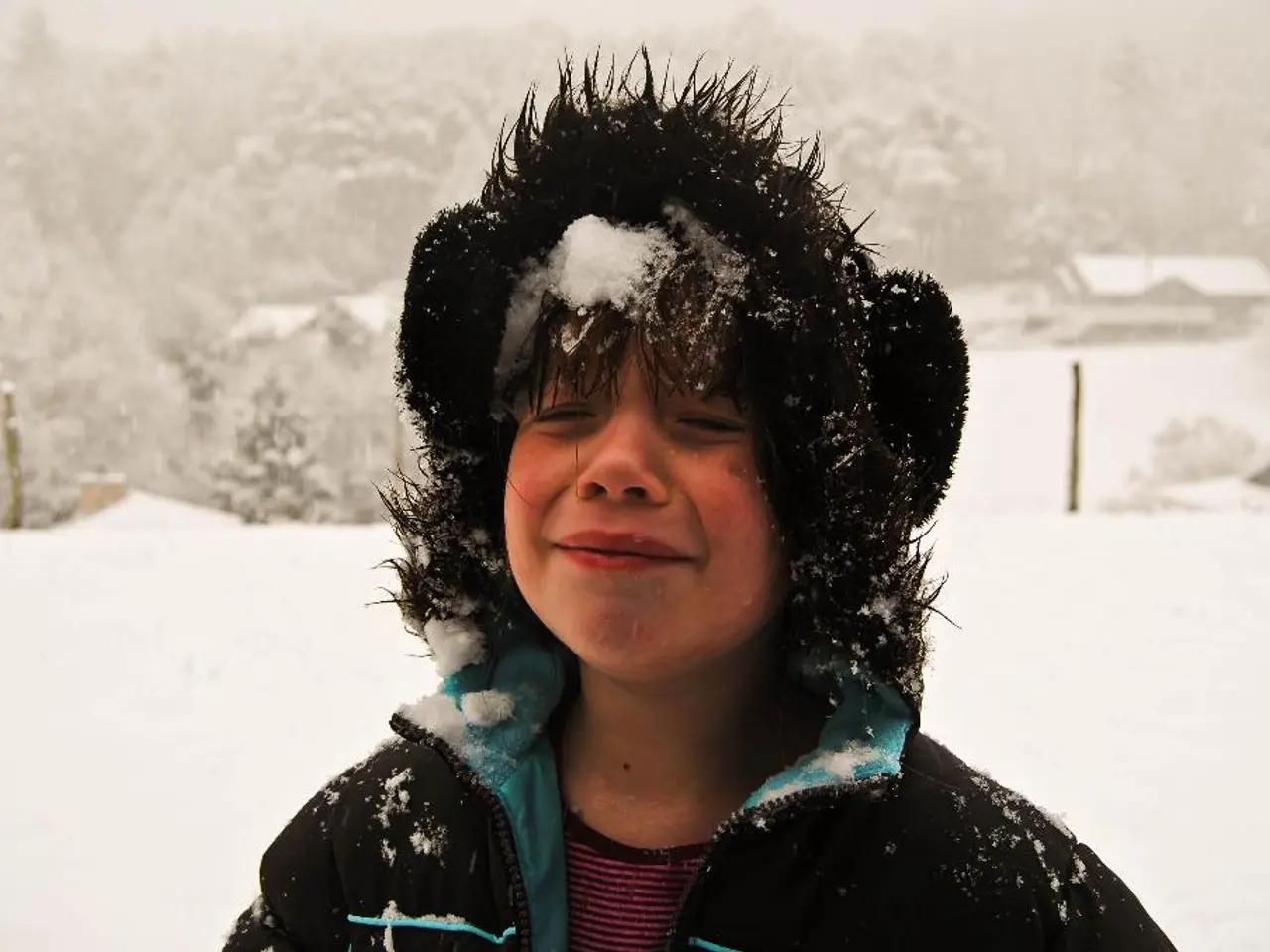Disasters such as the Texas floods may have an impact on individuals' mental health, as suggested by experts.
In the wake of the devastating floods that have hit Central Texas, several mental health resources have been made available to aid disaster victims, with a special focus on children. The emotional toll of these natural disasters on young survivors is significant, as highlighted by the loss of 28 children among the fatalities and many more still missing.
One of the primary concerns is the mental health impact on children, who may exhibit increased irritability, loss of interest, changes in sleep patterns, appetite, and physical complaints in the short term. Psychologists have identified two groups of children to be concerned about: those who were directly affected and those who were indirectly affected, but not directly harmed.
For children who were directly affected, emergency response teams, including Americares, are on the ground, assessing and responding to the mental health needs of survivors, including children and families, coordinating with clinics to provide urgent care and therapy.
Several organisations are offering free or low-cost mental health services for flood victims and their families. These include Austin Family Counseling, which offers free 1–2 therapy sessions for youth and families affected by the floods, with both in-person and telehealth options. The Austin Child Guidance Center also provides free therapy sessions for youth and families impacted by the flooding, with bilingual services and flexible formats.
The Disaster Distress Helpline, operated by SAMHSA, offers free, confidential emotional support 24/7. Survivors can call or text 1-800-985-5990 to access trained crisis counselors who provide counseling and coping tips. Other centers offering free counseling include The Bug and Bee (Fort Worth), The Housson Center (Dallas), The WARM Place (grief support for children and families), and The WellNest Counseling Center, which all provide therapy for flood victims and their families, in-person or virtually.
Practical resources are also available to help caregivers talk to children about traumatic events, providing age-appropriate guides for discussing the floods, validating children's emotions, managing media exposure, and fostering a sense of safety.
Reggie Ferreira, a professor at Tulane University's School of Social Work, emphasizes the importance of prioritizing mental health in disaster recovery. He notes that every individual responds to a natural disaster uniquely, but common signs of trauma include fear, disbelief, numbness, guilt, depression, anxiety, and post-traumatic stress disorder. In the long term, the affects on children could lead to anxiety, depression, disruptive behavior, and symptoms of PTSD.
To help children cope, Ferreira advises parents and other adults to validate a child's feelings, spend extra time with them, set a good example of coping skills, and reassure them about their safety. It's also important to reestablish familiar routines for children as soon as possible after a natural disaster.
Ferreira also mentions that some people may turn to substance abuse or experience conflict in relationships as a result of trauma from natural disasters. He suggests being aware of hotlines such as the American Red Cross' Disaster Distress Helpline.
A 2013 review published in the Journal of the American Medical Association found that one-third or more of individuals severely exposed to a natural disaster can develop PTSD or other disorders. Another 2023 meta-analysis found a connection between natural disasters and a deterioration of mental health, implying an increase in mental illness soon after extreme weather events.
In summary, Central Texas flood victims have access to a network of free or low-cost mental health services, crisis counseling helplines, and specialized support focusing on the unique needs of children affected by this disaster. These resources combine immediate crisis support with longer-term therapy options to help individuals and families cope with the emotional aftermath.
- The disaster, despite being a health-and-wellness concern, presents an opportunity for businesses like Americares to focus on providing mental health analysis and response in the flood-affected areas.
- The emotional impact of the floods extends beyond the immediate physical damage, significantly affecting the climate of mental health within the affected community, particularly among children.
- Climate change, as demonstrated by the extreme weather events like these, is often associated with a deterioration in environmental-science aspects, but it also has a profound impact on the health-and-wellness of individuals, often leading to mental-health issues.
- The flooding in Central Texas has exposed the need for prompt climate-change science and preventive measures to minimize such disasters and their consequent mental health implications.
- As we strive to rebuild and recover from the floods, it is crucial that we maintain a focus on both the immediate relief efforts and the long-term climate-change analysis to reduce the risk of similar events in the future, ensuring a healthier climate for both our environment and mental health.




